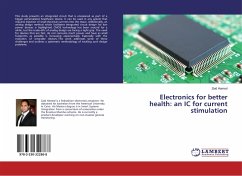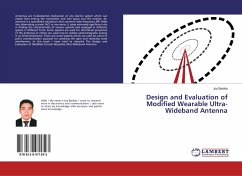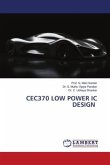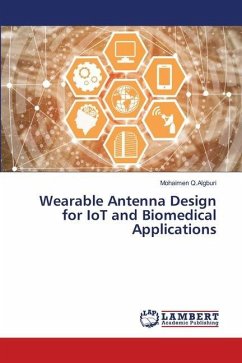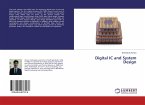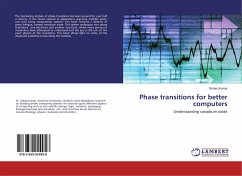This study presents an integrated circuit that is envisioned as part of a bigger personalized healthcare device. It can be used in any system that requires injection of small electrical currents into the tissue. Additionally, an analog design method which facilitates integrated circuit design for low power devices is highlighted. CMOS technology has been around for a while, but the trade-offs of analog design are facing a tight grip. The need for devices that are fast, do not consume much power and have as small footprints as possible is increasing exponentially. Especially with the evolution of wearable devices. This work addresses some of these challenges and outlines a systematic methodology of tackling such design problems.

